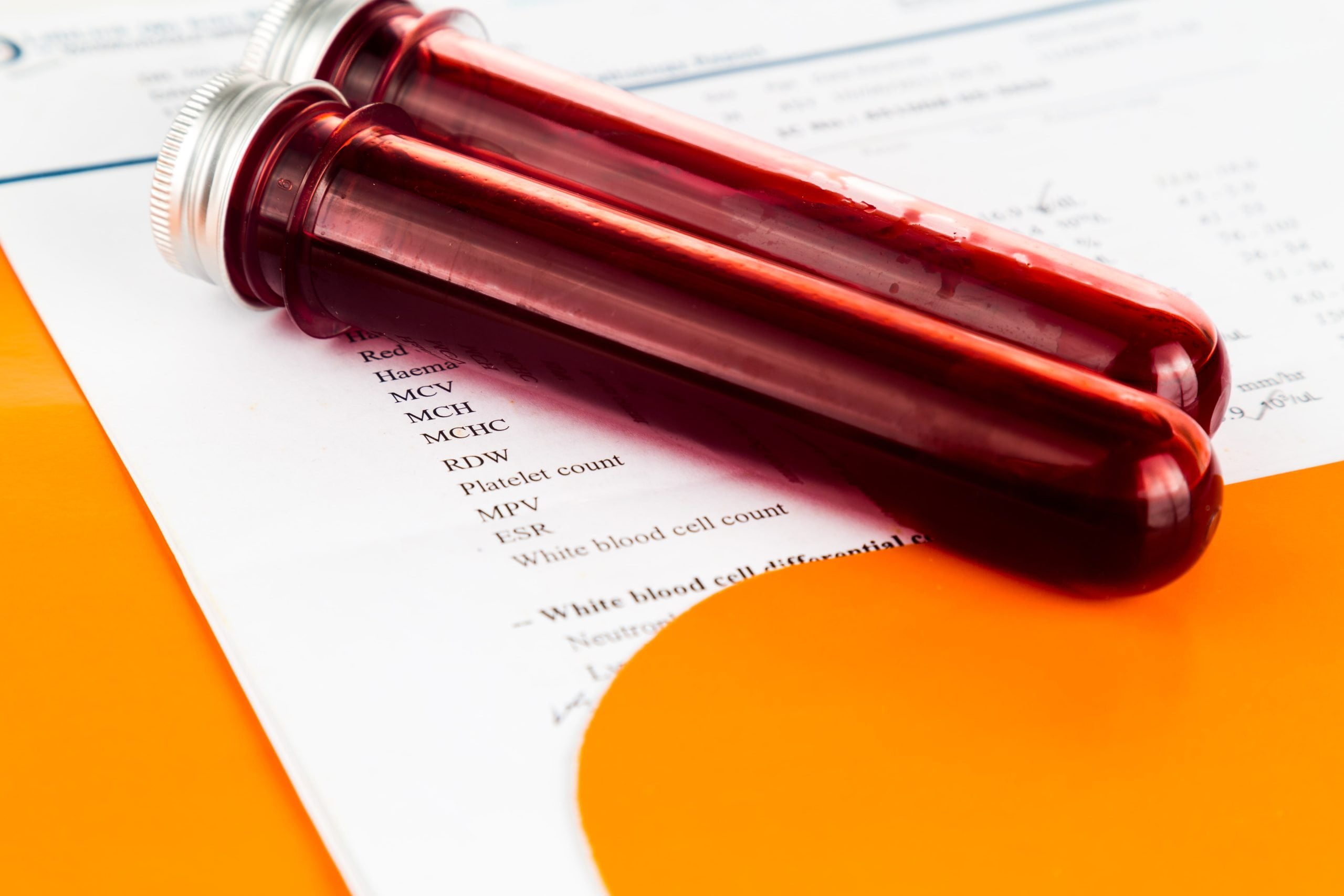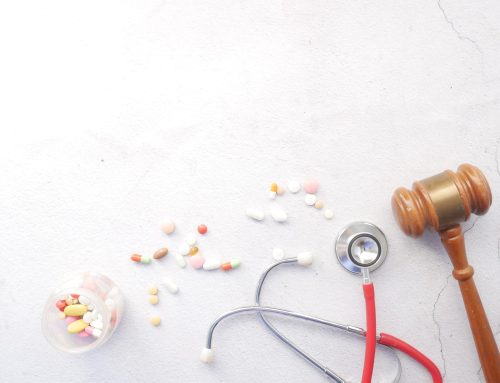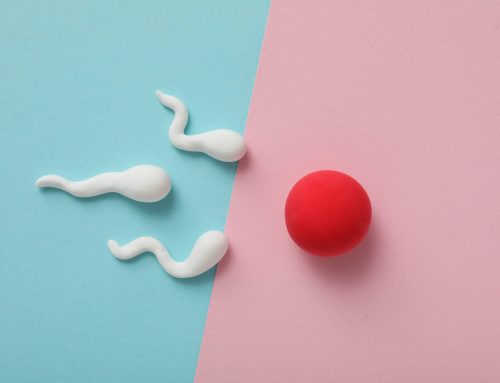Unlocking the Secrets of Testosterone Deficiency: A Guide to Understanding Low-T Diagnosis and Blood Testing

No matter where you find yourself on the spectrum of low testosterone awareness, delving into the intricacies of diagnosis and treatment can be a game-changer. Whether you’re just starting to explore the possibility of low testosterone (low-T) or you’ve been on this journey for a while, knowing what to expect can empower you to take the necessary steps towards Testosterone Replacement Therapy (TRT).
Recognizing the Signs of Low-T:
The symptoms of low testosterone often overlap with what society deems as the natural effects of aging. Feeling lethargic or attributing certain changes to getting older is a common misconception. Here are some key indicators of testosterone deficiency:
- Low Energy Levels: Persistent fatigue and a noticeable drop in vitality.
- Weight Gain: Unexplained changes in body composition, often characterized by increased fat and decreased muscle mass.
- Low Sex Drive: Decreased interest in sexual activities.
- Erectile Dysfunction Issues: Challenges in achieving or maintaining an erection.
- Thinning Hair: Hair loss, especially noticeable in the crown area.
- Trouble Focusing/Concentrating: Cognitive issues such as brain fog and difficulty concentrating.
- Loss of Motivation: A decline in drive and enthusiasm for daily activities.
- Less Stamina: Reduced endurance and physical performance.
- Feelings of Anxiety or Depression: Emotional changes affecting mental well-being.
- Mood Swings: Unpredictable shifts in emotional states.
If you identify with even one of these symptoms, seeking a consultation is a proactive step.
Diagnosing Low Testosterone:
Obtaining a diagnosis for low-T involves a thorough evaluation, and a crucial aspect of this process is the testosterone blood test. When considering a hormone plan, it’s essential to choose a provider who acknowledges the significance of a blood test in accurately measuring testosterone levels. The diagnosis typically includes:
- Symptom Identification: A discussion about your symptoms and how they impact your daily life.
- Health History and Examination: An exploration of your medical history, family health history, and a physical examination.
- Testosterone Blood Test: A critical step in measuring current hormone levels and determining the appropriate treatment plan.
A reputable hormone clinical plan will consider all these elements to ensure a comprehensive understanding of your health.
Preparing for a Testosterone Blood Test:
As you approach a testosterone blood test, some common questions may arise:
- Best Time of Day: Depending on age, experts suggest morning testing (7-11 AM) for those below 45, considering circadian testosterone fluctuation.
- Fasting: Schedule the test before a large meal to avoid potential impacts on testosterone levels.
- What Not to Do: Avoid seeking ways to alter test results artificially, get a second opinion if needed, and opt for professional lab work rather than at-home tests.
Addressing Low-T:
Upon receiving results indicating low testosterone levels, the next step is initiating TRT. Testosterone Replacement Therapy involves a personalized dosage of testosterone to address deficiencies and restore the body’s natural balance. Declining testosterone levels are a common aspect of aging, and TRT proves to be an effective solution for alleviating the symptoms associated with low testosterone.
Where to Get a Testosterone Test: Iron Remedy MD:
Choosing a reliable and experienced team of experts is crucial when considering testosterone lab work. Iron Remedy MD offers the expertise needed to coordinate convenient testing, ensuring swift results and minimizing the time spent on the path toward a solution.
Embark on your journey to optimal health and well-being with Iron Remedy MD by Mike Tyson, a clinical telehealth platform dedicated to male hormone therapy. Convert to a member on our online platform and rediscover the vitality you deserve.






